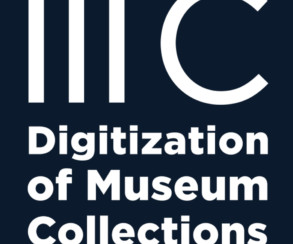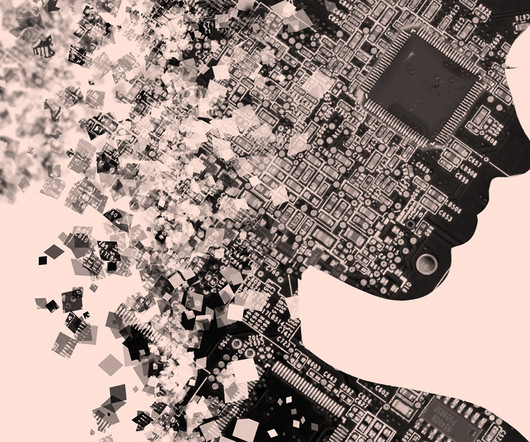Digital collections from GLAM institutions: Policy Paper
Kluwer Copyright Blog
JULY 14, 2023
Context Copyright can be challenging for cultural institutions (or “GLAM“ for Galleries, Libraries, Archives and Museums) when pursuing digitization and dissemination activities, as copyright governs whether a given work can be used and if so, how (as shown in recent studies for museums , archives or libraries ). Proposal 1.













Let's personalize your content